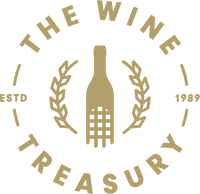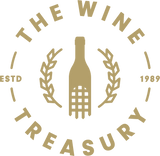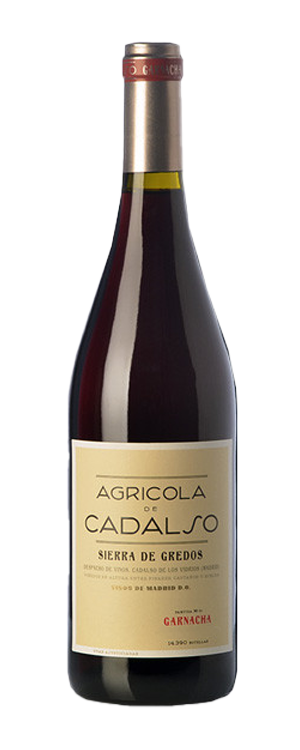Q&A WITH BOB BETZ & LOUIS SKINNER OF BETZ FAMILY WINERY
What’s the story..? Tell us more about your journey into the world of wine.
Louis: Discovering wine was a life changing event. A good friend was determined to get me interested in wine. He put together a tasting of classic French wines: Bordeaux, Burgundy, Chateauneuf-du-Pape, and a couple bottles of California Cabernet for contrast. This one tasting did it for me – the switch was flipped, and wine has been my passion ever since.
Bob: My pursuit of wine making began in the early 1970's when my wife Cathy and I criss-crossed European vineyards to better understand the why and how of crafting fine wine. I returned to the US and became one of the original employees of Chateau St Michelle, starting with them in 1973. I worked closely on the educational outreach and vineyard research and practice, leading the state as one of the first world-wide advocates for Washington Wine. I was thrilled to receive my Master of Wine in 1998 (Bob is one of two MW's making wine in the United States) and love teaching both Viticulture and Enology for the MW program.
Which wine sparked your love of the grape?
Mittelmosel Riesling, preferably Kabinett. Such a clear and transparent example of a variety interpreted through site. Delicious, refreshing and complex.
What makes your wines unique? What’s your wine making ethos?
Betz Family is part of the bigger world of wine and the Washington Family. We strongly believe in world class viticultural practices. Nothing happens by chance, we pay close attention to every detail, always. But we leave space for ceaseless experimentation. Importantly, we work to leave the planet and the land we work better off than when we found it.
Our goal: to produce wines that are balanced with fruit and savoury character, age worthy and that give great pleasure.
What are we eating with your wines?
Our wines tend be of moderate alcohol and healthy acidity, making them a natural companion for the table. The Bordeaux varieties find perhaps their most natural counterpoints with meat of some heft, be it beef, lamb or game. We’ve found over the years that savoury and forest spices (e.g. rosemary and cedar) tend to complement the earthy, fresh herbs components of the wine.
Who are we with, what’s the occasion? Set the scene!
Failing light, the crisp, fresh scent of pine in the air. Smoke from a fire intermingling with roasting meat. Anticipation in opening up a bottle of something that had some time to grow a slight kernel of wisdom in the cellar. Friends, conversation.
Who inspired/inspires you most in wine world?
The wine world is as varied as it is broad. But those who do the physical and mental labour of bringing something unique, an expression of site and variety not found anywhere else, are most inspiring. It’s the reason that wine is the most intriguing, beguiling beverage on earth.
Best advice you’ve been given?
Focus on what the vineyards have provided. Start with the highest quality fruit you can, treat it gently, stay out of its way but watch it closely. Allow the wines to develop slowly, and make sure they provide exceptional pleasure.
What’s your proudest achievement in wine life?
Bob: The moment my mother and father first saw their name on a bottle of wine. Tears came to my Father’s eyes as he realized his family name was now on a bottle that his son produced. It will stay with me forever.
What’s your advice for ordering wine in a restaurant?
Mood over everything. There are some obvious pitfalls to avoid, don’t have Cabernet with those freshly-shucked oysters. However, too often we wine lovers get lost in appropriate pairings and wine lists. The magic is at the table, the company that you’re with, how the evening carries you. If you’re longing for a particular wine, get it! If you’re in the mood for to be adventurous, go for it!
What are you drinking when it’s not wine?
One word: coffee. We have terrific coffee in the Pacific Northwest and we’re nuts for it. You’ll rarely go 30 meters in Seattle without running into a worthwhile coffee house and the roasteries provide us with terrific and well-done examples.
Your locals: let us in on the secret spots for wine and for food in your area.
Seattle is by and large a neighbourhood eatery-driven city. Years ago, the best restaurants were clustered around our city centre, but those days are long gone. The culinary talent here is amazing, the raw ingredients superlative. Some of the best chefs in the city operate in small restaurants of maybe 10-12 tables. The number one lesson: don’t come to Seattle and only stay downtown. There’s a lot of the magic in the seven hills that make up the surrounding neighbourhoods.
If there’s time outside of wine, what are you doing?
Traveling, exploring the wonders of the Pacific Northwest, eating, laughing.


